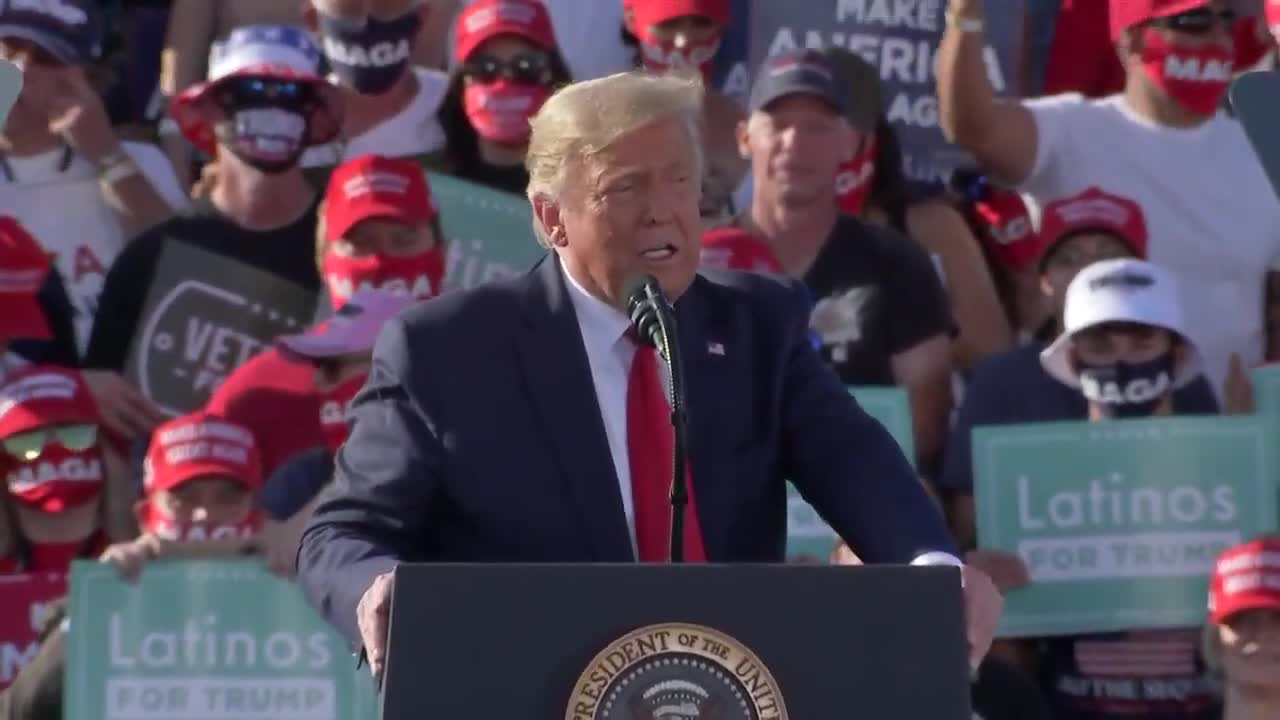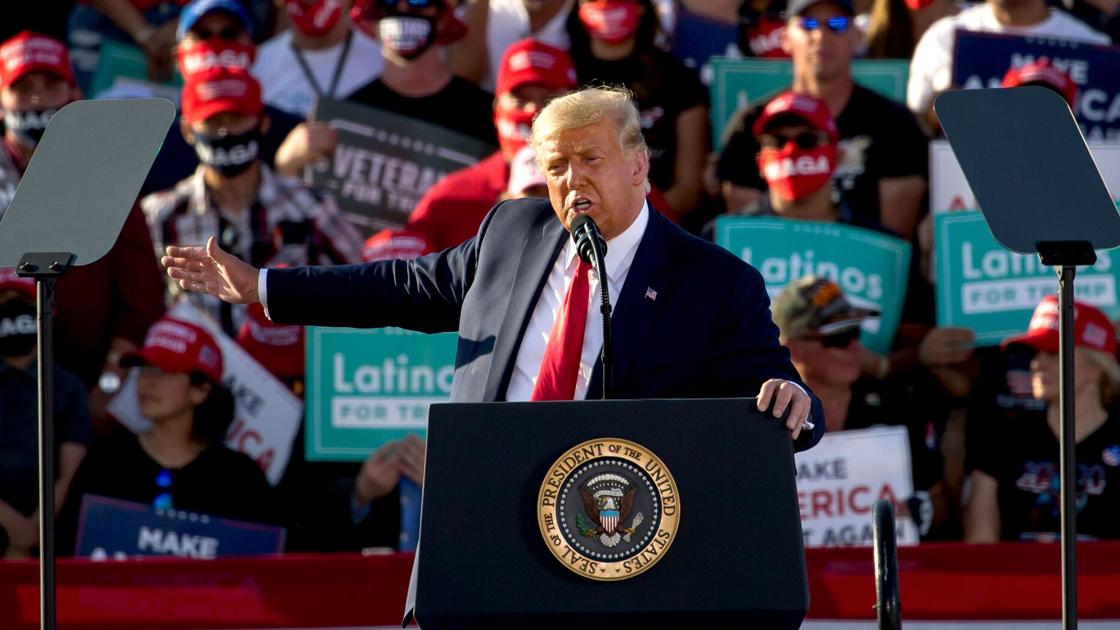Trump Proposes Ending Taxes on Overtime Pay: A New Economic Strategy
In a recent campaign rally held in Tucson, Arizona, former President Donald Trump made headlines by announcing his intention to eliminate taxes on overtime pay. This proposal is part of a broader strategy aimed at appealing to working-class voters as he gears up for the upcoming 2024 presidential election. Trump's remarks came shortly after what many considered a shaky debate performance, and he framed this new policy as a significant step towards supporting American workers.
The Proposal: No Taxes on Overtime
During his speech, Trump emphasized that if he is re-elected, he would ensure that overtime hours—those worked beyond the standard 40 hours per week—would be tax-free. He stated, “When workers exceed 40 hours a week, your overtime hours will be tax-free.” This statement has sparked discussions about the potential implications of such a policy on both workers and employers.
Economic Context
Trump's proposal is not an isolated idea; it fits into a larger narrative of tax cuts that he has been promoting. His campaign has been characterized by a series of sweeping tax cut proposals aimed at various sectors, including a previous plan to eliminate taxes on tips. The overarching goal appears to be to bolster his appeal among blue-collar workers, a demographic that has historically been crucial in elections.

Reactions and Implications
The announcement has drawn mixed reactions. Supporters argue that eliminating taxes on overtime pay could provide much-needed relief to workers facing rising costs of living. Critics, however, warn that such a policy could lead to unintended consequences, such as employers shifting compensation structures to avoid paying higher wages. For instance, there are concerns that employers might reduce base salaries and increase reliance on overtime, which could ultimately disadvantage workers.
Political Strategy
Trump's push for no taxes on overtime is seen as a strategic move to regain momentum in the race for the presidency. By focusing on economic issues that resonate with everyday Americans, he aims to shift the narrative following his debate performance. This tactic is reminiscent of his previous campaigns, where he successfully positioned himself as a champion of the working class.
Coverage Across Major News Outlets
The proposal has been widely covered by various news outlets, highlighting its significance in the current political landscape. Here are some notable articles:
- New York Times - Trump defends his debate performance while calling for an end to taxes on overtime.
- NBC News - Details Trump's commitment to making overtime hours tax-free.
- Los Angeles Times - Discusses the implications of Trump's economic pitch at the rally.
- Axios - Analyzes the broader context of Trump's tax proposals leading up to the election.
- ABC News - Covers Trump's announcement and its political ramifications.

Trump's proposal to eliminate taxes on overtime pay is a bold move aimed at capturing the attention of working-class voters as the 2024 election approaches. While the idea has the potential to resonate with many, it also raises questions about its feasibility and the broader implications for the labor market. As the political landscape continues to evolve, it will be crucial to monitor how this proposal is received by both the public and economic experts.
For more information on this topic, you can explore the full articles linked above or follow the ongoing coverage in major news outlets.





